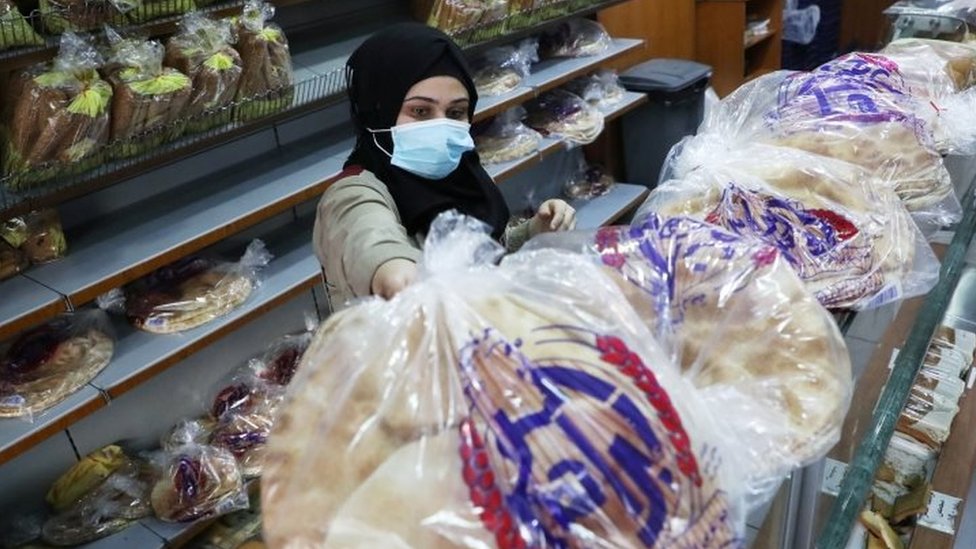
by bbc –– Demonstrators burned tyres in the city centre, and some also attempted to reach the parliament building. The head of the country’s central bank earlier said the subsidies on flour, fuel and medicines could not continue beyond the next two months. UN agencies have warned of a social catastrophe for the poorest households. The hashtags #lifting_of_subsidies and #Lebanon_revolts were the top trending on Twitter in Lebanon on Monday. The central bank has been providing foreign currency to importers of goods including flour and fuel at a favourable rate as the Lebanese pound continues to decline in value during a prolonged economic crisis. Tens of thousands of people have been pushed into poverty in the country, which has also been hit hard by the coronavirus outbreak. In August, thousands of protesters stormed government ministries in the capital after a huge explosion in the port area left more than 200 people dead and thousands injured. Many Lebanese were furious at the failure by the authorities to prevent the blast at a warehouse storing over 2,000 tonnes of ammonium nitrate. The material had been seized from a ship six years ago but never moved. The government was later forced to resign.



